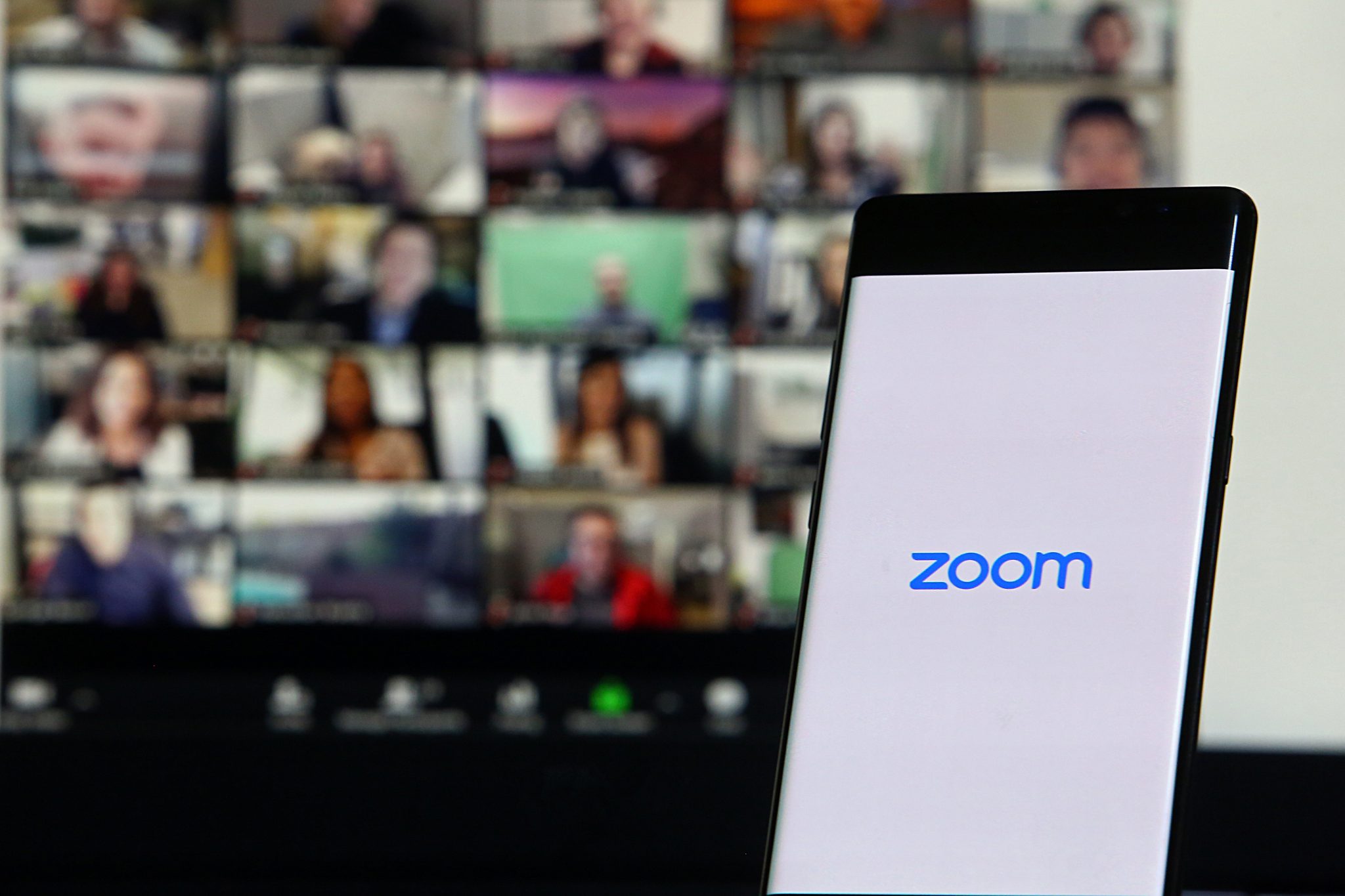American companies like Zoom need to support our values of openness and freedom of information at home and abroad, Emerging Technologies Fellow Lindsay Gorman argues in Newsweek.
Americans are increasingly relying on video conferencing software for business, personal and political communications in the time of COVID-19. But the platform of choice is propagating China’s censorship regime—extending it beyond China’s borders to American shores.
As U.S. protesters flocked to the streets to support racial equality, Chinese dissidents took to the wires to virtually memorialize the June 4 massacre at Tiananmen Square—an activity normally banned in China by the authoritarian one-party regime. But newly ubiquitous teleconferencing platform Zoom shut down the account of a California-based activist because of a vigil he held. Zoom’s rationale? It said it has to comply with Chinese law that prevents the mere mention of the Tiananmen massacre—even if that means disrupting access in the United States, and even if no particular law could be cited.
Calls from lawmakers exhort Zoom—an American company—to provide answers on how it came to comply so aggressively with regime censorship in the United States, to “pick a side” between the United States and China, and to shed light on the company’s data storage practices. Zoom has now restored suspended U.S.- and Hong Kong-based accounts, and in the future it will develop the ability to only target China-based accounts for censorship—employing the popular “one company, two systems” model familiar to Silicon Valley. It’s up to American consumers, their academic and professional institutions and their political representatives to decide if that matters.


